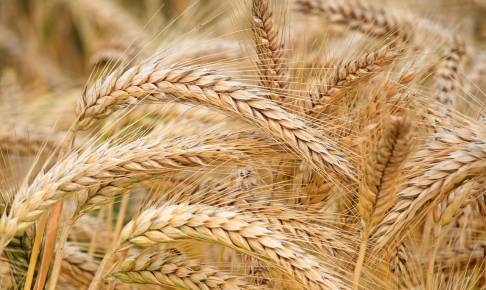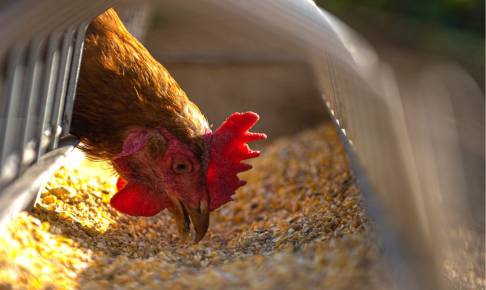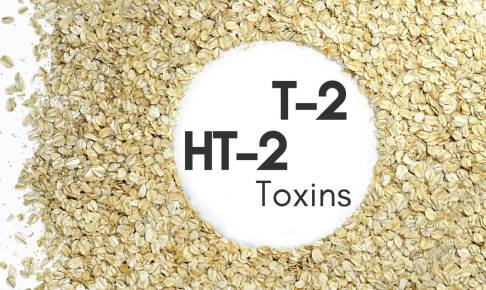New study sheds light on potential health risks from mycotoxins in meat alternatives
A recent study published in the peer-reviewed journal Environmental International has shed light on the potential health risks associated with the consumption of plant-based meat alternatives.
While the benefits of reducing meat consumption have been widely discussed, little attention has been given to the risks posed by the extensive consumption of their plant-based substitutes. The study focused on the occurrence and co-occurrence of sixteen mycotoxins in 105 meat alternatives made from wheat, legumes, and vegetables in Italy.
Mycotoxins are toxic substances produced by fungi and can have various adverse effects on human health, including cytotoxicity, immune modulation, genotoxicity, and even carcinogenicity. The presence of mycotoxins in legumes, vegetables, and wheat gluten, which are commonly used as ingredients in plant-based meat alternatives, poses a significant health risk.
The findings of the study revealed that mycotoxins were present in varying amounts in the meat alternatives tested. While some mycotoxins had low occurrence levels, others were found in a significant proportion of the samples. Mycotoxin co-occurrence varied from binary combinations up to mixtures of twelve.
The study also indicated that the potential risk of liver cancer from exposure to aflatoxin B1 was relatively low (between 0 and 0.05/100 000 individuals).
Despite the overall low risk, the study highlights the need for continuous monitoring and regulation of mycotoxin levels in meat alternatives. Currently, there are no established regulations regarding mycotoxin levels in commonly used legume-based alternatives such as soy, peas, and chickpeas, or in wheat gluten-based alternatives like seitan. The lack of regulation poses a potential threat to consumers, especially considering the growing popularity of plant-based diets and the increasing market for alternative proteins.
The study also emphasized the need to update risk assessments to reflect the increased consumption of plant-based alternatives. Current risk assessments do not adequately account for the dietary shift from meat to meat alternatives, potentially exposing vegetarian and vegan populations to higher risks associated with mycotoxins. Additionally, the study acknowledged that the estimated dietary exposure data used in risk assessments is often outdated and may not accurately represent the current consumption patterns.
The authors of the study call for policymakers to consider the regulation of mycotoxins in meat alternatives and integrate these alternatives into future risk assessments. By doing so, they argue, it will be possible to track and assess potential risks more accurately and ensure the safety of consumers.
Source:






















